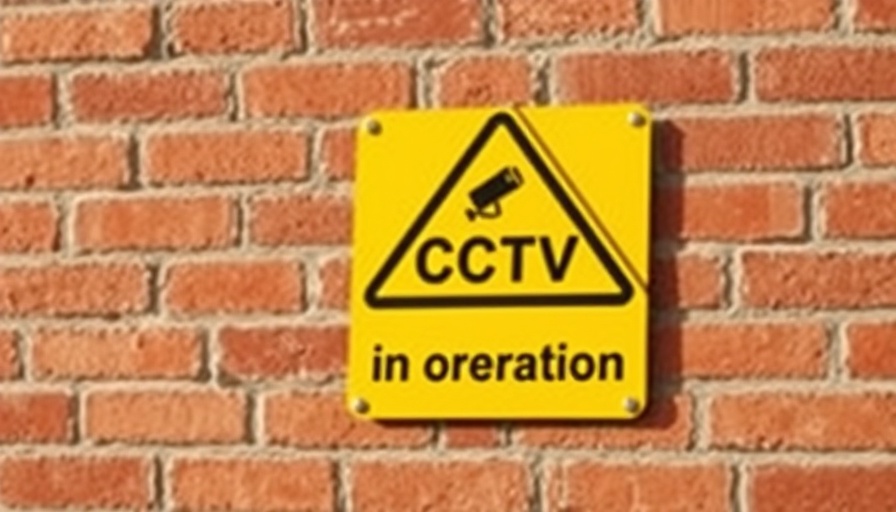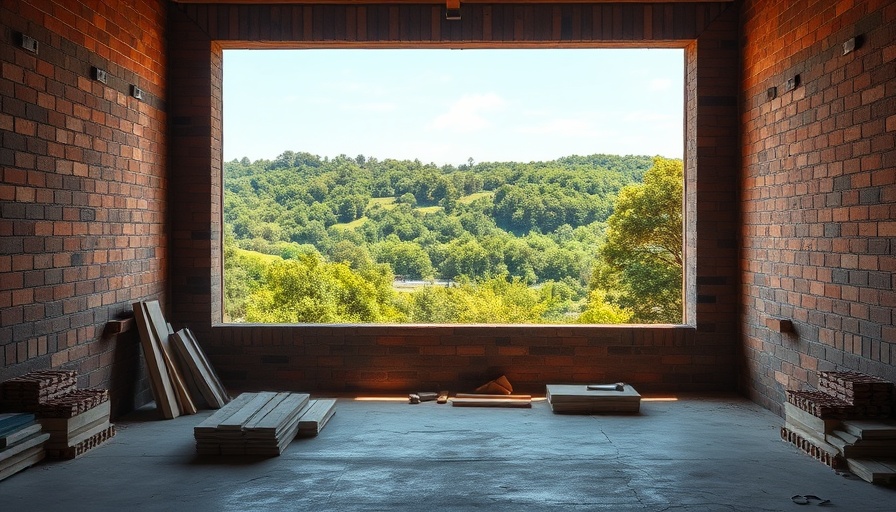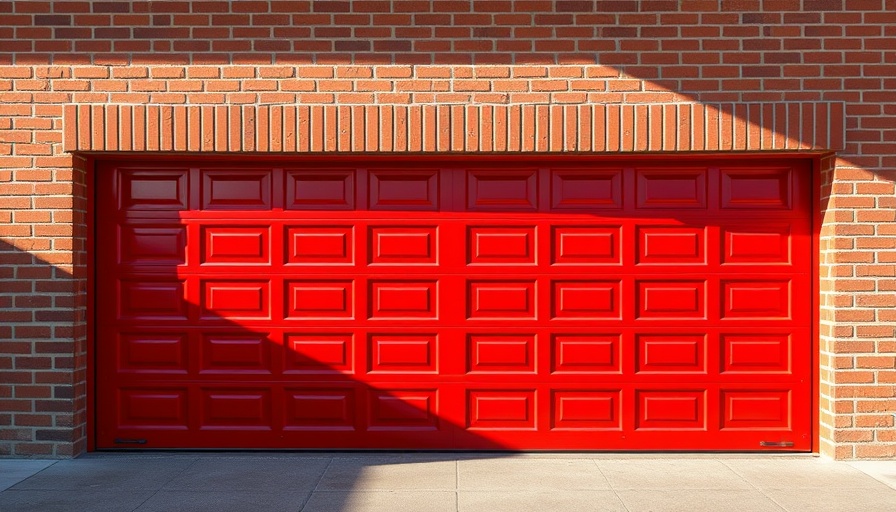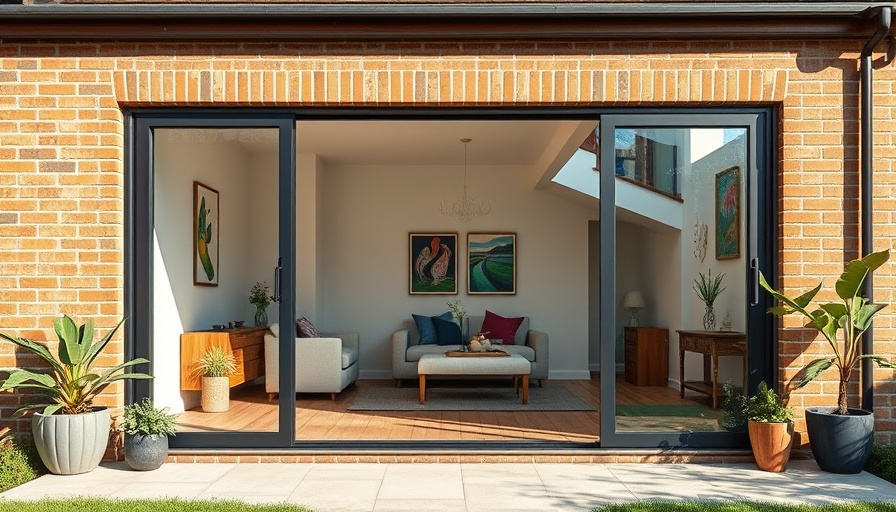
Understanding the Legal Landscape of Home CCTV Systems
CCTV cameras are increasingly popular among homeowners as a key component of security systems, providing peace of mind and protection from intrusions. However, many do not realize that there are specific laws governing the usage of these surveillance systems, which are essential to understand to avoid legal ramifications. In Virginia, homeowners must be aware of compliance with state regulations regarding the installation and operation of home CCTV systems.
Why Homeowners Must Adhere to CCTV Laws
Under Virginia law, if your CCTV camera captures footage beyond the boundaries of your property, it falls under the purview of the General Data Protection Regulation (GDPR) and the Data Protection Act (DPA). Additionally, you have a responsibility to respect privacy rights established by the Human Rights Act. The primary goal is to ensure that while enhanced security is achieved, the privacy of neighbors and passersby is not infringed.
Homeowners should also consider that local ordinances may impose additional restrictions or requirements for surveillance systems. For example, certain areas may have specific guidelines on how and where cameras can be installed, aiming to balance community safety with personal freedom.
Best Practices for Installing CCTV Cameras
Compliance with laws is just the beginning; responsible usage of CCTV systems also involves following several best practices. Ensure the placement of your cameras is strategic and does not violate the privacy of others. For instance, focus on securing your property and avoid angles that may capture neighbor’s yards or public spaces.
Beyond placement, consider alerting neighbors to the presence of surveillance cameras, which not only enhances transparency but also fosters a relationship built on mutual respect. Furthermore, regular maintenance of your CCTV system is crucial; malfunctioning cameras can lead to security gaps that you may not be aware of until it’s too late.
Technological Advances in Home CCTV Systems
As technology advances, so too does the capability of home security systems. Many modern cameras include features that allow for night vision, motion detection, and even integration with smartphones to deliver real-time alerts. When considering a CCTV installation, explore options like the Eufy Solar Security Camera, which is user-friendly and continuously powered through its solar panel technology, or Aosu 2k Security Cameras, which offer comprehensive coverage with the capability to pan and tilt without blind spots.
Investing in high-quality devices not only enhances security but also ensures compliance with legal standards regarding video quality, which can be critical in securing evidence if needed.
The Emotional Impact of Home Security
Understanding and implementing the laws that regulate CCTV systems can significantly affect a homeowner’s peace of mind. Knowing that the surveillance system operates within legal limits allows for a sense of security that extends beyond physical safety. For families, particularly those with children, the ability to monitor their property can reduce anxiety about break-ins or other alarming events.
However, the intrusion of privacy that may come with surveillance should not be overlooked. Balancing these elements is important not just from a legal standpoint, but also for fostering a sense of community where everyone feels respected.
Conclusion: Be Informed, Stay Compliant
As the demand for home security continues to rise, so too does the need for homeowners to stay informed about the legal implications of their actions. By understanding and following local CCTV regulations, homeowners in Virginia can effectively protect their homes while respecting the rights of others. Are you considering enhancing your home’s security? Make compliance a priority to ensure both safety and peace of mind.
 Add Row
Add Row  Add Element
Add Element 


 Add Row
Add Row  Add
Add 

Write A Comment